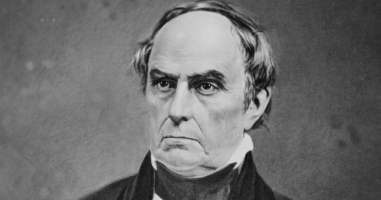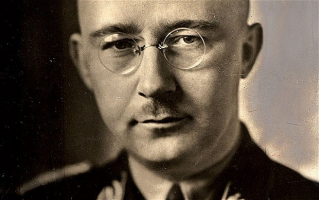Top 9 Interesting Facts about Noah Webster
An American Dictionary of the English Language, sometimes known as "Webster's," was written by Noah Webster (1758–1843). It continues to be considered the ... read more...ultimate study of American English. Webster, though, was more than a lexicographer. He was there at the founding of the United States and contributed to the development of the country's identity through linguistic reform, politics, and the law. Here are the top nine most interesting facts about Noah Webster.
-
Webster was born into a well-established family in Hartford's Western Division, which later became West Hartford, Connecticut. His mother Mercy (Steele) Webster (1727-1794) was a descendant of Governor William Bradford of Plymouth Colony, and his father Noah Webster Sr. (1722-1813) was a descendant of Connecticut Governor John Webster. His father was largely a farmer, but he was also the town's militia leader, a deacon of the Congregational church, and the founder of a local book society (a precursor to the public library). He was chosen to be a justice of the peace upon American independence.
Although Webster's father never went to college, he valued education and was intellectually interested. The mother of Webster spent many hours instructing her kids in arithmetic, music, and spelling. Webster started attending a decaying one-room elementary school established by West Hartford's Ecclesiastical Society when he was six years old. Years later, he claimed that the subject matter was primarily religious teaching and called the professors "the dregs of mankind." Webster was inspired to enhance future generations' educational opportunities by his experiences there.
His church pastor started coaching him in Latin and Greek when he was fourteen years old to get him ready for Yale College. Just before turning 16, Webster attended Yale and studied for his final year with Yale President, Ezra Stiles. His four years at Yale coincided with the American Revolutionary War, and many of his lessons had to be conducted in neighboring cities due to food shortages and the threat of a British invasion. In the Connecticut Militia, Webster served. To send Webster to Yale, his father had mortgaged the family farm. He graduated in 1778. Webster decided to study law while working as a teacher in Hartford because he believed his job choices were restricted with only a liberal arts degree. In 1781, he finished his studies and passed the bar test. He earned his master's degree at Yale after presenting his oral dissertation there.
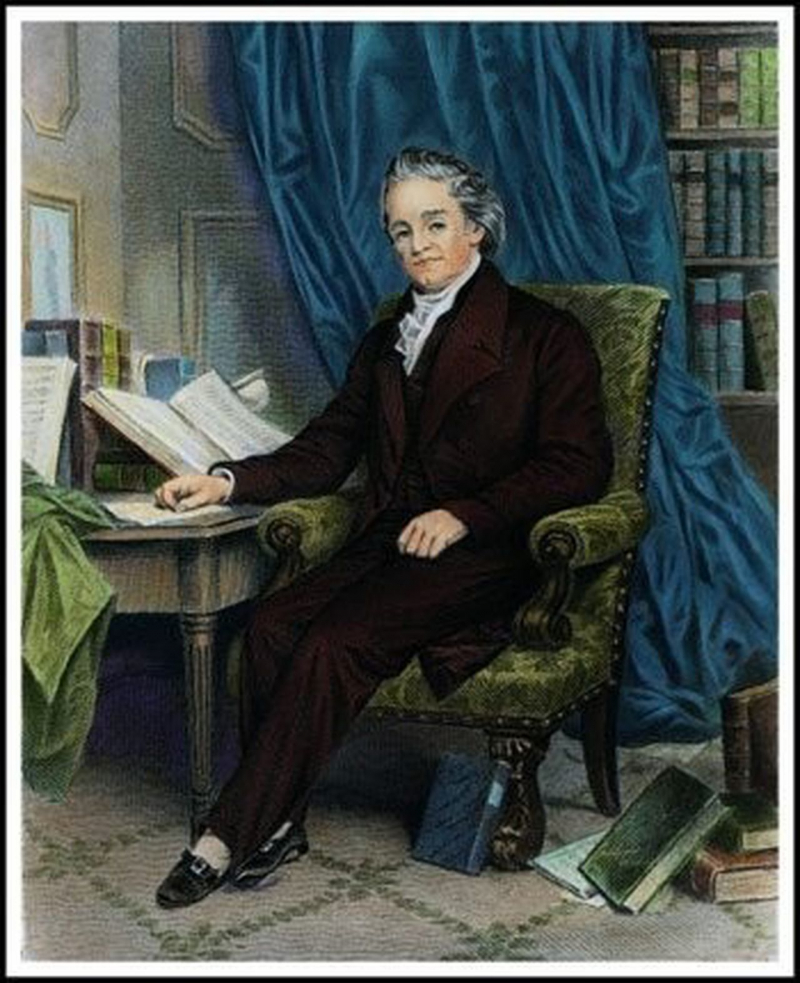
www.thoughtco.com 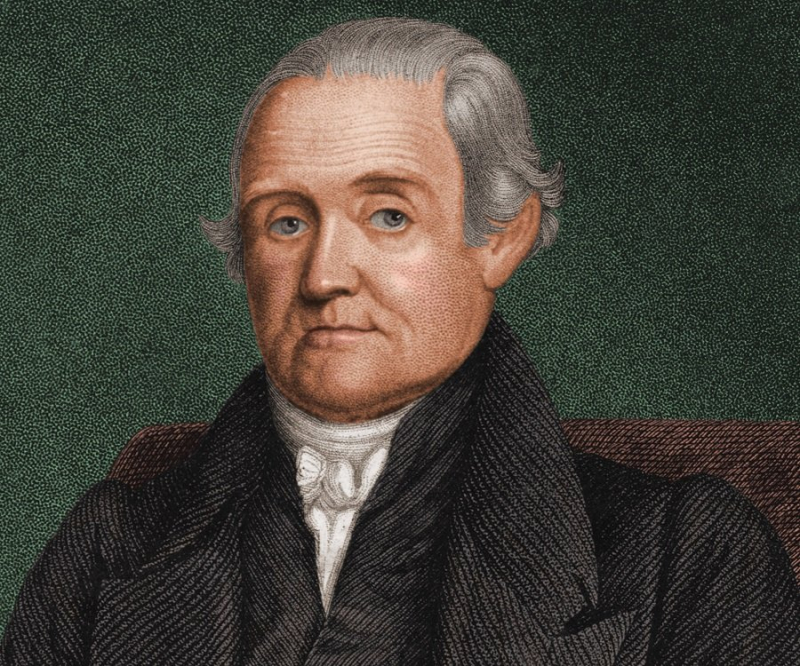
www.thoughtco.com -
One of the interesting facts about Noah Webster is that he was a prolific author even though his dictionary is what made him most famous. Only the revenues of his widely used school textbooks, the "Blue-backed Speller," which he wrote over several decades, allowed him to continue working on his dictionary. Webster came to the conclusion that the American educational system needed to be changed during his time as a student and later as a teacher. All ages of children were jammed into one-room classrooms that lacked desks, had subpar textbooks and had inexperienced teachers.
Even though this was after the American Revolution, the books they read frequently swore loyalty to King George and were published in England. He intended to offer a distinctly American method of child training. He said that the most significant change he made was to free "our original speech" from the pedantic clamor that surrounded English grammar and pronunciation. He bemoaned how the British nobility, which had its own rules for spelling and pronunciation, had debased the English language. Webster disagreed with the idea that learning English grammar must come after learning Greek and Latin. According to Webster, "the same republican ideals as American civil and ecclesiastical constitutions" should be the basis for the American language. This implied that language must be governed by the general populace; popular sovereignty in governance must be accompanied by popular language usage.
A Grammatical Institute of the English Language, which Webster produced in 1783, was his textbook because he thought that Americans should study from American texts. The "Blue-Backed Speller" moniker was given to it because of its distinctive blue cover. Webster's book has been used to teach kids how to read, spell, and pronounce words for more than 100 years. With approximately 100 million copies sold, it was the best-selling book in America at the time.
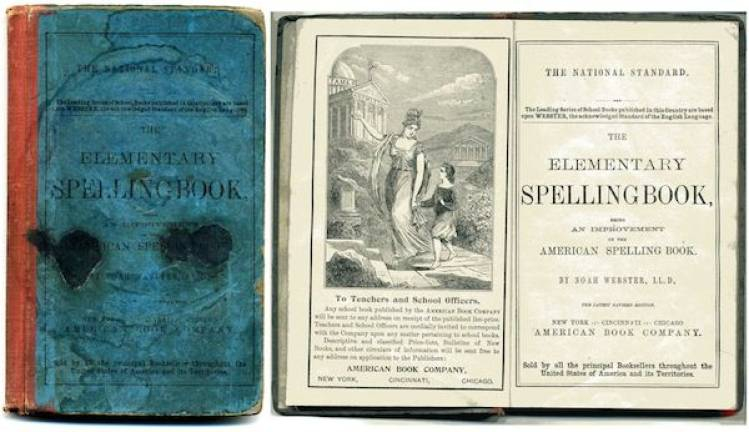
www.chroniclenewspaper.com 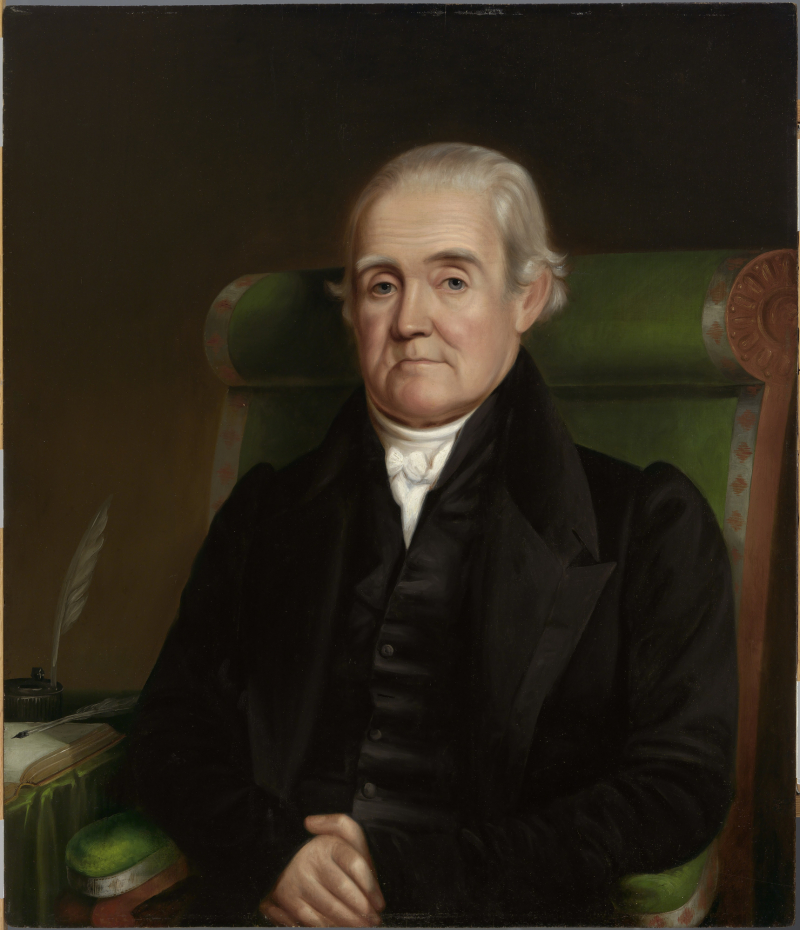
www.thoughtco.com -
In Webster's view, white Americans had a duty to put a stop to abolition for the sake of the country's moral and economic well-being. In Connecticut, he played a key role in the foundation of the Hartford Anti-Slavery Society in 1791, which is one of the interesting facts about Noah Webster. He believed freemen were considerably more productive, as they were in his own Connecticut, and found all kinds of slavery repugnant. He was chosen as the Hartford Society's secretary in 1792, where he delivered talks on the subject. Effects of Slavery, on Morals and Industry, was the title of a subsequent publication of the lectures. He believed that liberation should happen gradually.
But by the 1830s, he had rejected the new abolitionist rhetoric emphasizing the sinfulness of those Americans who allowed slavery. Webster warned his daughter Eliza about her ardent abolitionist sympathies in 1837. Webster claimed, "Although it may prove to be a dreadful tragedy for us in the north, slavery is a big sign and a worldwide calamity; nonetheless, it is not our fault. However, we are unable to lawfully sway the South's position." The preachers of abolitionism "deserve the prison," he said, "for coming north to preach and thus to disturb our quiet, although we can legally do nothing to achieve this purpose."
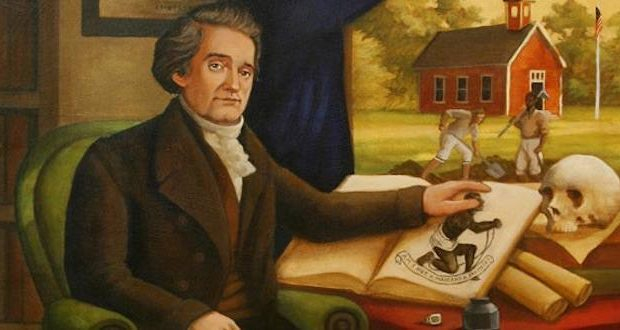
metrovoicenews.com 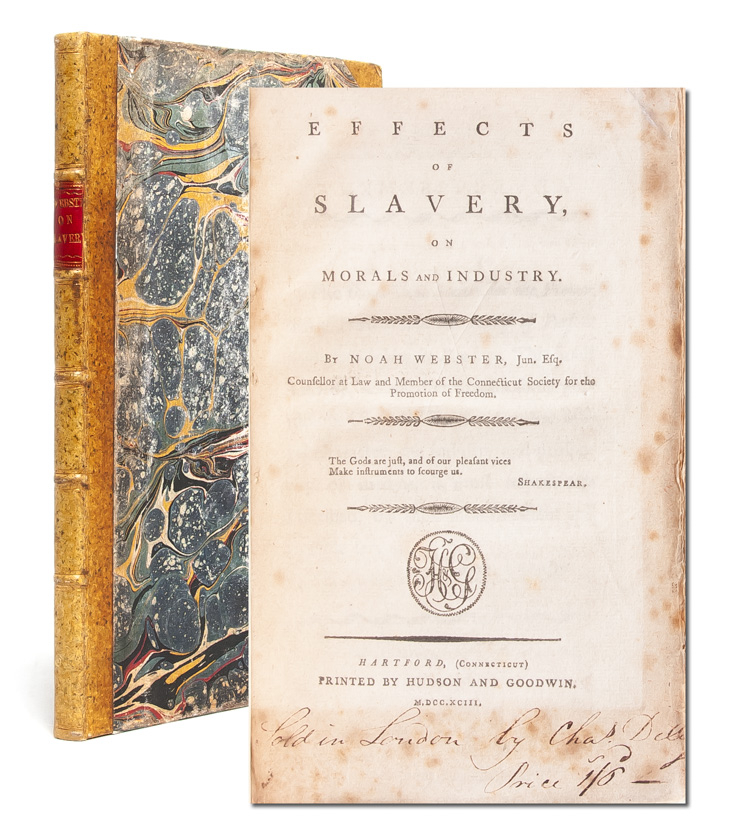
www.whitmorerarebooks.com -
The fact that Webster was a talented writer is another interesting piece of information. American Minerva, a daily newspaper published in New York, in 1793. To come to New York City and take over the largest Federalist Party newspaper, Alexander Hamilton gave him a loan of $1,500 in 1793. He established the American Minerva, the first daily newspaper in New York, in December. At the time, it was the first pro-federalist newspaper. Despite being the newspaper's editor, Webster produced a ton of articles. Later, the name of the American Minerva newspaper was changed to Commercial Advertiser. During his four years as an editor, he wrote enough stories and editorials to fill 20 volumes. He also produced The Herald, A Gazette for the Nation, a semi-weekly journal (later known as The New York Spectator). The Minerva, Patroness of Peace, Commerce, and the Liberal Arts (New York) (1793–1794) is the name of Webster's newspaper as it appears in the library of congress.
Webster spoke for the Federalist party and praised the administrations of George Washington and John Adams, particularly their policy of neutrality towards both Britain and France. He also strongly denounced the excesses of the French Revolution and its Reign of Terror. He denounced them when the pro-Jacobin "Democratic-Republican Societies" put up by the French envoy Citizen Genêt joined American politics and attacked President Washington. Later, he backed the Jay Treaty between the US and UK. He was regularly called "a pusillanimous, half-begotten, self-dubbed patriot," "an incurable madman," and "a deceptive newsmonger... Pedagogue and Quack" by the Jeffersonian Republicans as a consequence.
Webster published textbooks, political essays, a report on infectious illnesses, and newspaper pieces for his Federalist party throughout the decades he was one of the most prolific writers in the young country. His output was so prolific that a contemporary bibliography of his published works would fill 655 pages. He relocated and returned to New Haven in 1798, and from 1802 to 1807, he served as a Federalist representative in the Connecticut House of Representatives. In 1799, Webster received the honor of becoming a fellow of the American Academy of Arts and Sciences. In 1812, he relocated to Amherst, Massachusetts, and assisted in the establishment of Amherst College. The family returned to New Haven in 1822, and the following year Webster received an honorary degree from Yale. Webster was chosen for membership in the American Philosophical Society in 1827.
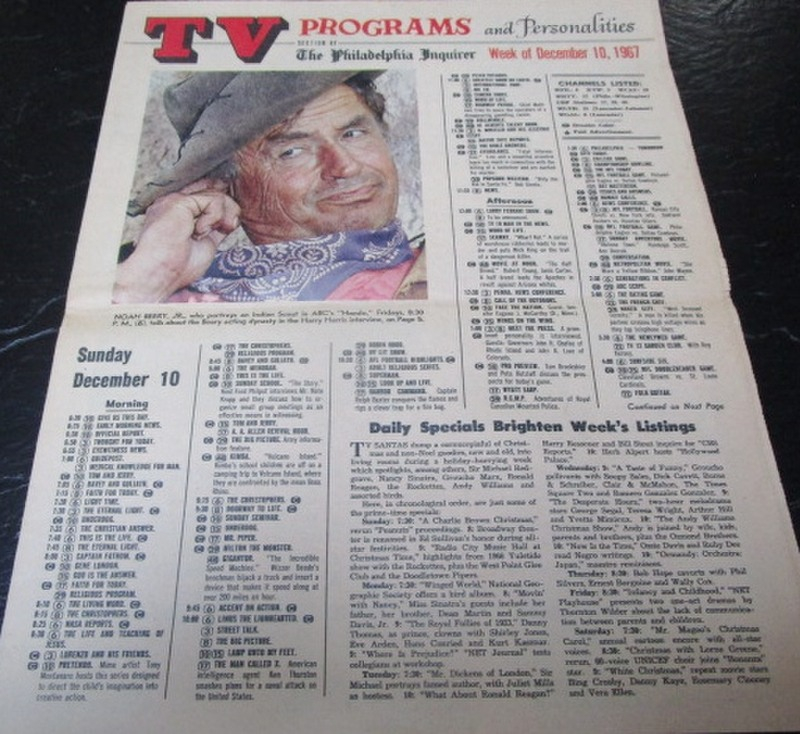
untappedcities.com 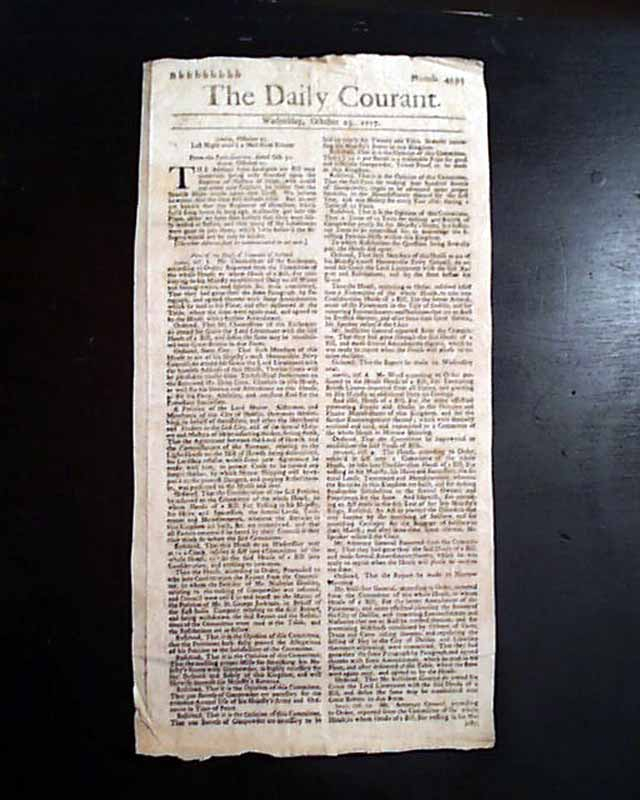
untappedcities.com -
The creation of Noah Webster's dictionary took 28 years. Twelve thousand of its seventy thousand words had never been published before. Webster thought British spelling was very complicated. He is responsible for the American spellings of words like color, favorite, and honor rather than their British equivalents. He suggested eliminating all silent letters, but his suggestion was not universally accepted. (For example, we still say Young instead of Jung.) His ideas for additional regularizing sounds, such as masheen for machines and wimmen for women, were also disregarded. American-only terms like skunk and squash were also included in Webster's dictionary.
According to Webster, who was a devoted Christian, "Education is nothing without the Bible." His dictionary had more than 6000 references to the Bible, and for many years it was the only one used by the general public to explain the meaning of terms. Some of these definitions, like the one that limits marriage to a union between a man and a woman, are no longer applicable in the current world.
The fact that Webster was able to speak 23 languages contributed to his brilliance as a lexicographer. He was the first language scholar in America. His extensive linguistic knowledge helped him to comprehend the roots of many terms for clearer definitions. He believed that Aramaic was the "mother" language because of his dogmatic Christian leanings. German, Dutch, Spanish, French, Welsh, Italian, Russian, Persian, Arabic, Latin, Greek, Hebrew, Gothic, Aramaic, Sanskrit, and Old English in addition to Cambridge English are among the languages he has learned.
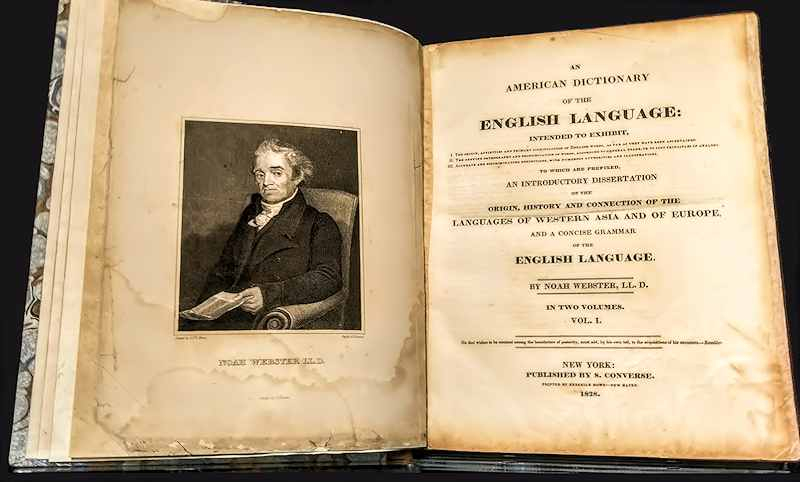
webstersdictionary1828.com 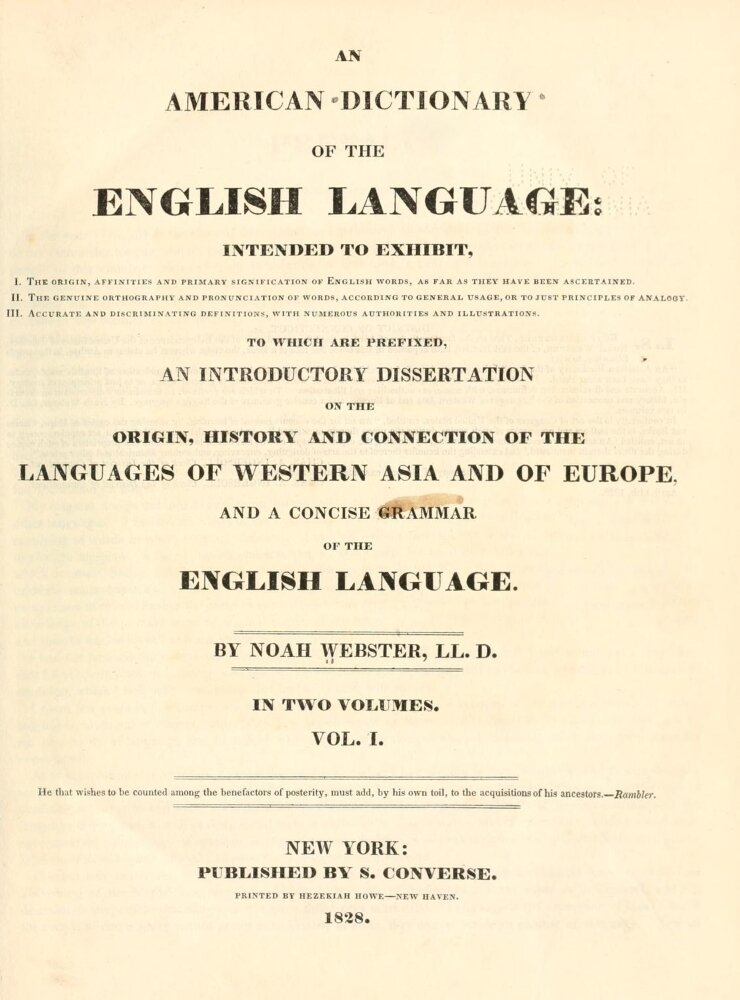
www.walmart.com -
Climate change piqued Noah Webster's curiosity. He noticed alterations brought on by human activity after careful monitoring of weather patterns. He obtained data showing that extensive agricultural production directly contributed to climate change in the United States. Large expanses of woodland were being cleared by farmers to make room for farms during his time. Webster and Thomas Jefferson engaged in public discussions on climate change. In a lecture to the newly founded Connecticut Academy of Arts and Sciences in 1799, Webster refuted the "popular assumption that the temperature of the winter season, in northern latitudes, has undergone a considerable shift."
He made the discussion remarks available to the public and wrote the authoritative booklet Are our Winters Getting Warmer (1810). A few years later, Webster gave a follow-up speech on the subject. The two speeches Webster gave on the subject of the weather were collected in his book, which was also titled On the Supposed Change of in the Temperature of Winter. After carefully examining the available data, Webster concluded that agricultural activities in the US (such as clearing forests and expanding farmland) had resulted in several modest climatic changes.

www.theparisreview.org 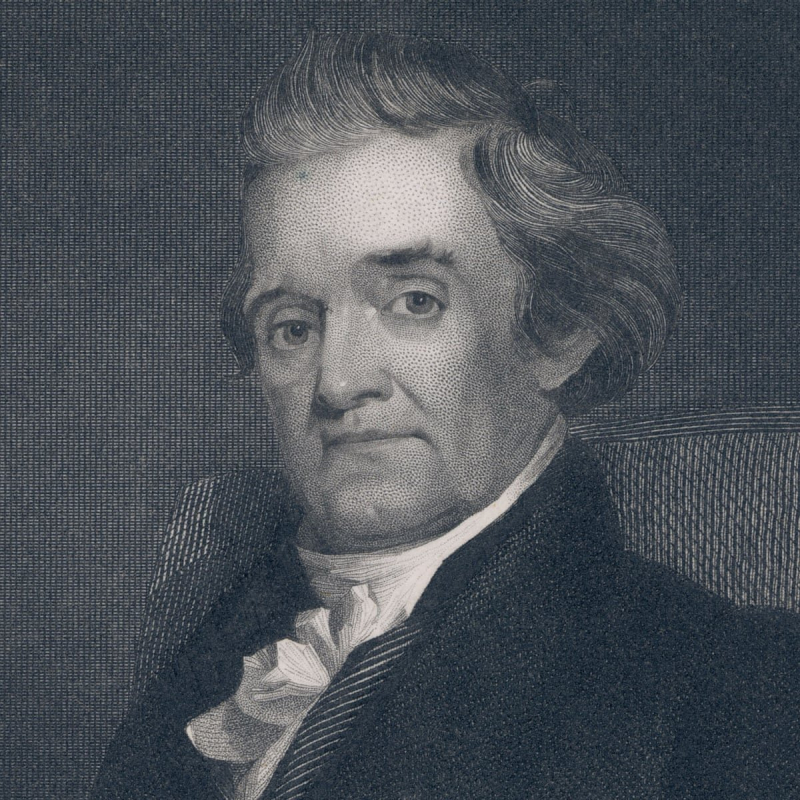
www.theparisreview.org -
In the 1780s, Webster also played a significant role in state-by-state campaigning to adopt the nation's first copyright laws, which were anticipated to have significant patriotic ramifications for the fledgling country. As a consequence of vigorous campaigning by Noah Webster and his proxies in Congress, the Copyright Act of 1831 was the first significant statutory modification of American copyright law. Webster, who was already in his 70s, was still working in 1831. In that year, Congressman William W. Ellsworth of Connecticut, the son of Oliver Ellsworth, the third chief judge of the Supreme Court and Webster's son-in-law, proposed the first significant amendment to federal law. The modification increased protection from 14 to 28 years at Webster's insistence; Unger writes that Webster aggressively fought for its approval. Up until 1909, the 1831 statute was in effect, essentially unaltered.
Webster was a passionate advocate for economic, political, linguistic, and educational change, and his efforts undoubtedly had an impact on how the new country developed. The first copyright legislation was passed with help from Noah Webster. He advocated for the law in Congress and across the entire nation. The literary creations of all authors are protected by copyright rules. The rules were made to safeguard writers for 28 years thanks to Noah Webster's recommendations. The legislation discouraged plagiarism so that authors may reap the rewards of their labor.
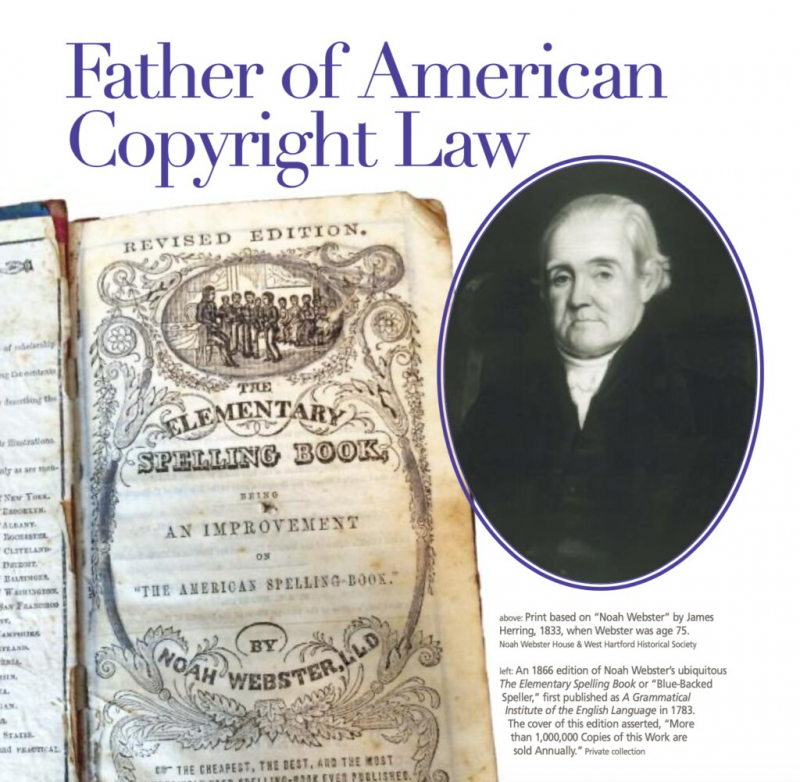
www.ctexplored.org 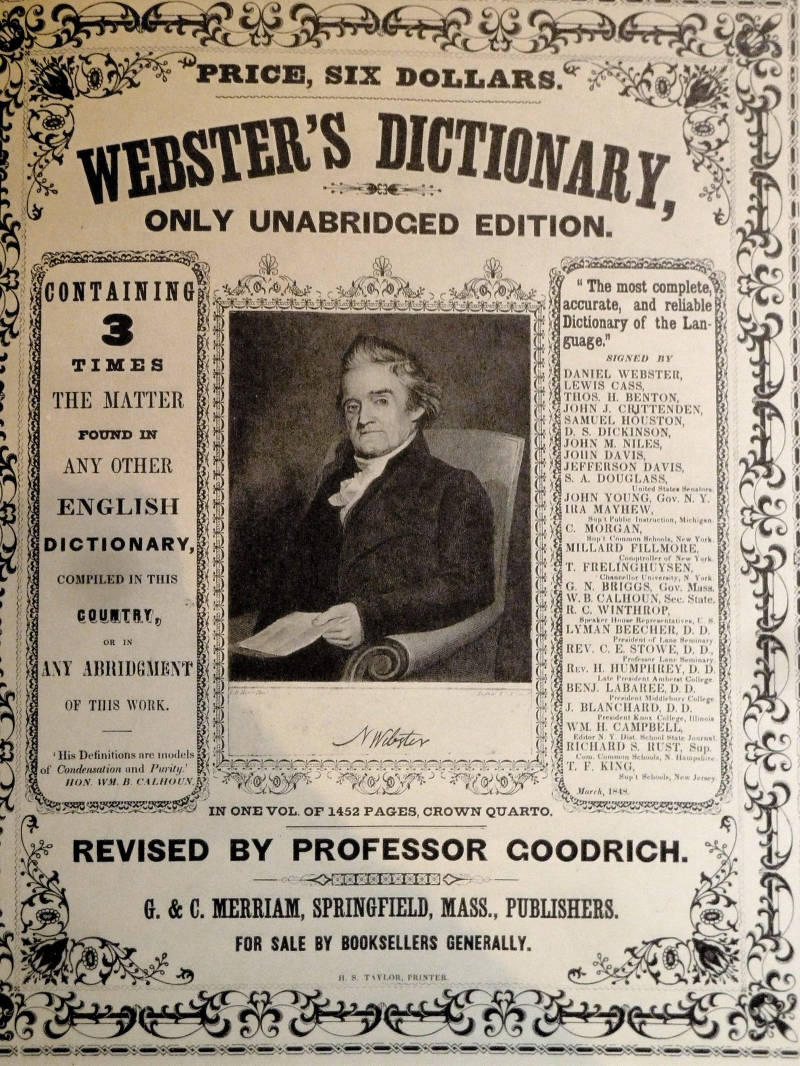
www.theattic.space -
One of the interesting facts about Noah Webster is the American Dictionary sunk him in debt. In the 19th century, the price of the American Dictionary, which ranged from $13 to $20, was a luxurious amount. Although Webster's first dictionary is today revered in American English history, just 2,500 copies were ever sold, and Webster still lost money. He wasn't one to give up lightly, so he mortgaged his New Haven home to pay for the second printing. The second edition was released in two volumes in 1840. A few days after adding more precise definitions to the second edition and with many of his contributions to the dictionary still going largely unnoticed. Sales of the second edition were as dismal. "I am completely subject to God's will," were his final words before he passed away.
In Springfield, Massachusetts, the Merriman brothers started a printing company in 1831. Although many other dictionaries have taken his name to capitalize on his success, George and Charles Merriam purchased the rights to Webster's dictionary. When Webster passed away in 1843, his heirs sold them the unsold copies of the 1841 edition of An American Dictionary of the English Language, Corrected and Enlarged. They obtained publication rights to updated versions of the dictionary with the acquisition. In 1982, Merriam-Webster Inc. took the place of G. & C. Merriam Co., which still produces Webster's Dictionary. As a result, all modern Merriam-Webster dictionaries can trace their roots back to Webster.
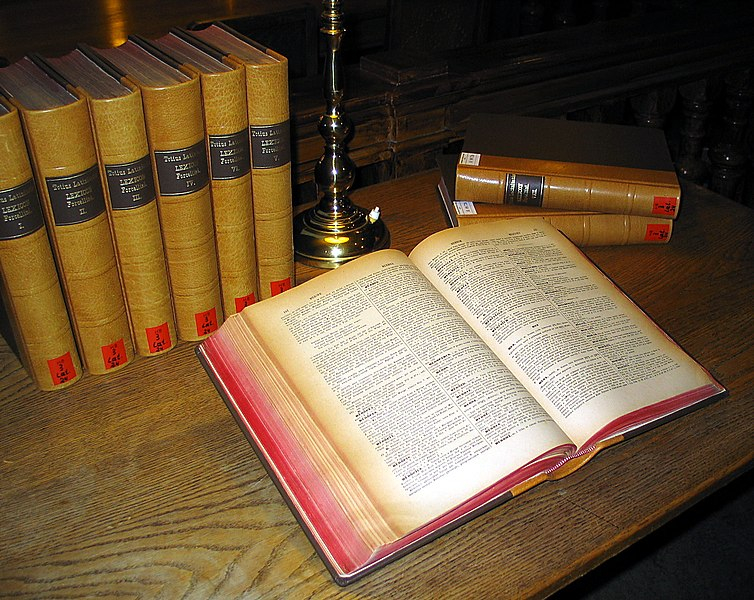
www.discoverwalks.com 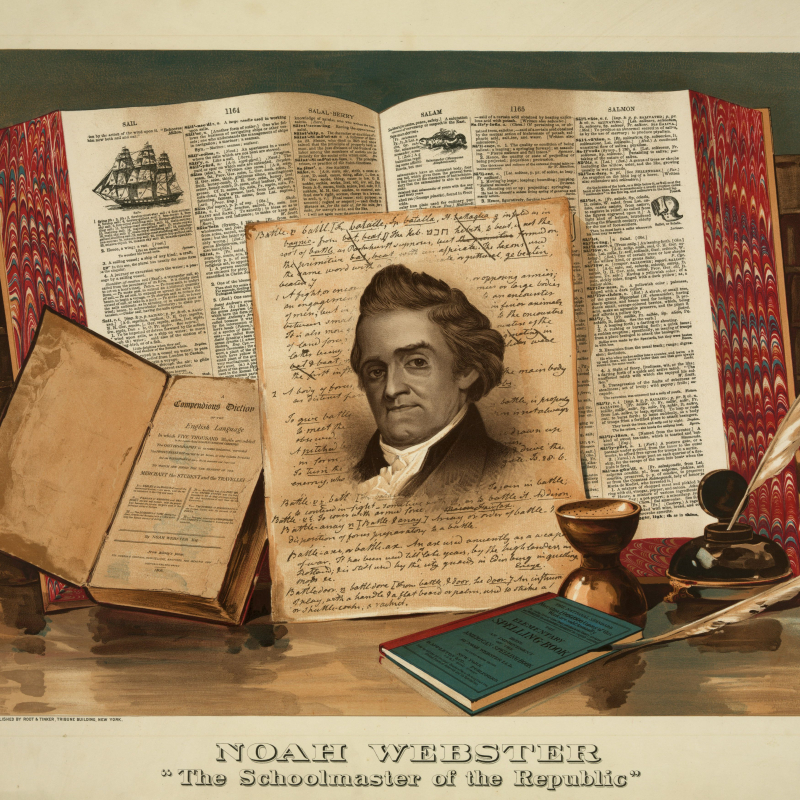
www.discoverwalks.com -
In his lifetime, Noah Webster achieved a great deal. A strong federal government, universal education, and the elimination of slavery were among the other causes he worked for in addition to the preservation of the American language. He contributed to the founding of Amherst College, produced his own "American" Bible, edited periodicals, had correspondence with George Washington and Benjamin Franklin, wrote textbooks between battling for various causes, reared eight children, and shared 54 wedding anniversaries with his devoted wife. Besides, Noah Webster was a renowned son of Connecticut. His contributions to liberation, educational reform, and ground-breaking journalism are forever etched in history. The American English language's uniformity was his greatest accomplishment. Noah Webster was a national hero when he passed away in 1843.
After he died, Noah Webster's birthplace and boyhood house in West Hartford, Connecticut, was renovated and turned into a museum in 1966 is one of the interesting facts about Noah Webster. It contains a theater, a museum store, and two exhibition galleries. The museum often offers cultural events and has a permanent exhibit on Noah Webster. An original copy of Webster's American Dictionary of the English Language is kept there, along with a wide range of other works of art, books, and artifacts that are connected to Webster and the West Hartford neighborhood. In addition to other guests, 10 000 kids are served on average each year. For at-risk kids, it provides a history club, workshops, summer camps, and a variety of other free activities.
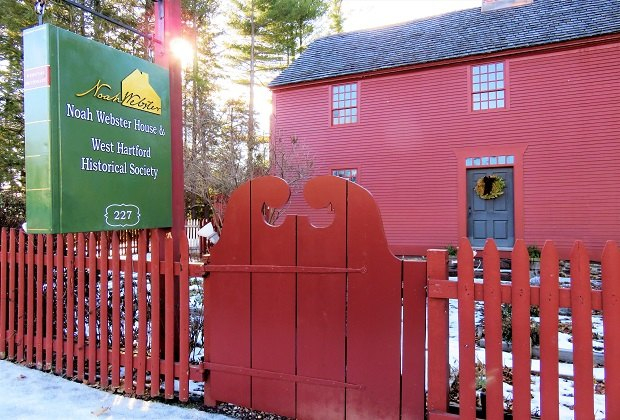
www.ctvisit.com 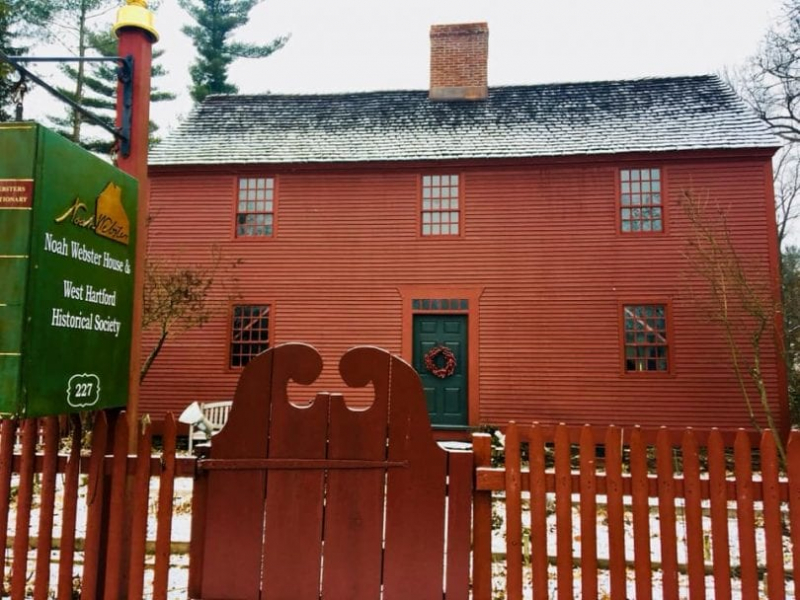
www.ctvisit.com











